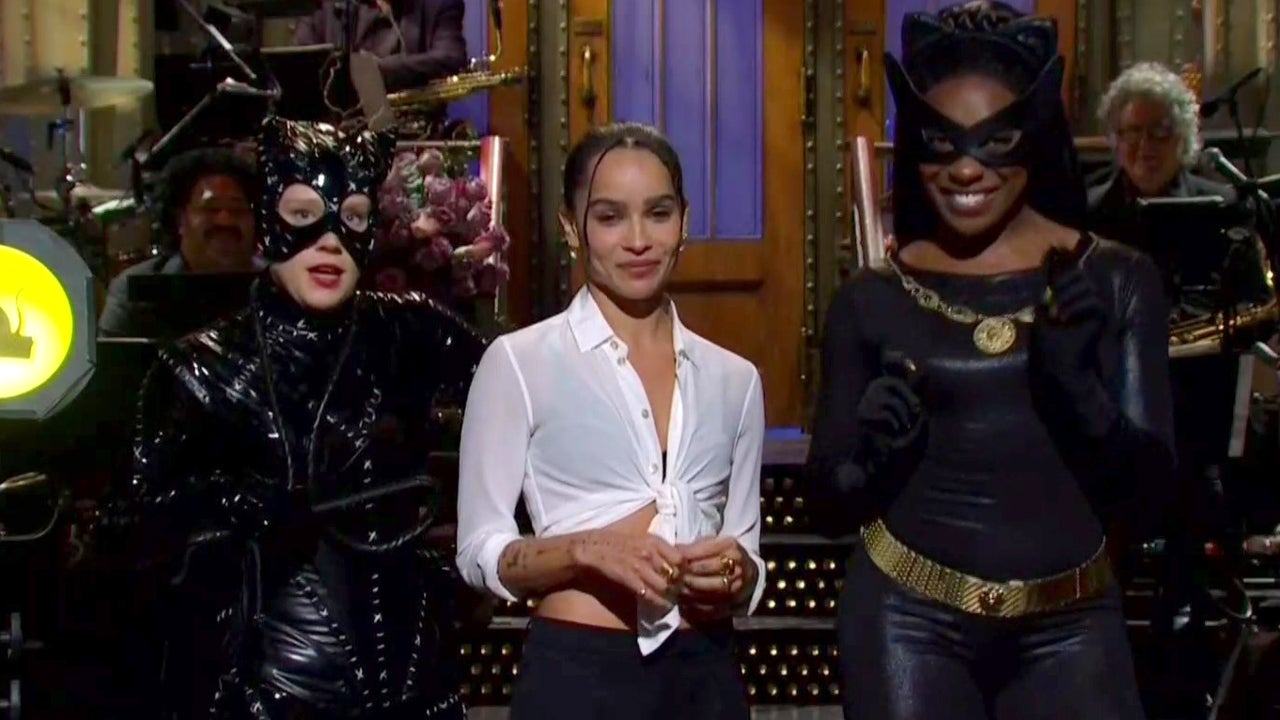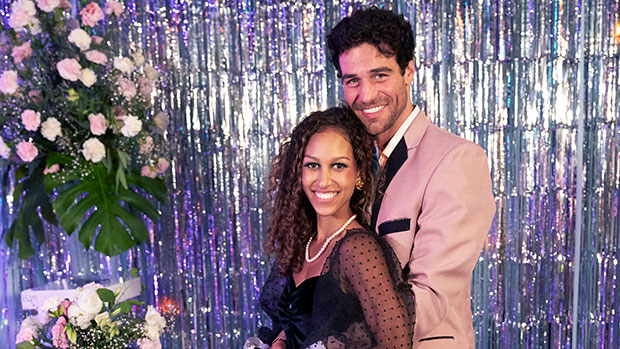Jazmin Jones Directing “Seeking Mavis Beacon” Doc, Neon Signs on as Producer
Since the ’80s, Mavis Beacon has helped millions of people learn how to type. She is one of the most prominent Black women in technology. But she isn’t real — or at least the woman on the cover of...

Since the ’80s, Mavis Beacon has helped millions of people learn how to type. She is one of the most prominent Black women in technology. But she isn’t real — or at least the woman on the cover of the original “Mavis Beacon Teaches Typing” program isn’t named Mavis Beacon. That woman’s name is Renée L’Esperance and she reportedly hasn’t been heard from since moving to the Caribbean in the ’90s. Jazmin Jones will tell L’Esperance’s story, and explore the larger context surrounding her character, with the documentary “Seeking Mavis Beacon.” Neon is producing, according to Deadline.
“One of the most influential Black women in technology is a figment of our collective imagination,” the doc’s synopsis reads. “Mavis Beacon was invented by the Co-Founder of Myspace to sell the world’s most popular typing software, but the real woman she was modeled after disappeared in 1995. ‘Seeking Mavis Beacon’ poses critical questions regarding [anthropomorphism] and the consumption of marginalized bodies in the tech industry, while reimagining the legacy of a missing historical figure.”
Jones serves as the project’s director and lead investigator. Olivia McKayla Ross is the co-producer and investigator, and Guetty Felin the producer.
“Neon has been a perfect home for this project,” Jones stated. “They understood our positionality as Black femmes and share our interest in disrupting traditional documentary form. The trusting relationship we have with Neon has exceeded my expectations of the possibilities for a first time Black queer nonbinary filmmaker — it’s been a blessing.”
Jones is the co-founder of BUFU: By Us For Us, a collective highlighting the experiences of those who have been impacted by white supremacy, while de-centering whiteness. She is the recipient of the National Association of Education’s Human and Civil Rights Award and Flaherty Film Seminar’s Civic Arts and Humanities Fellowship.

 Hollif
Hollif 
































